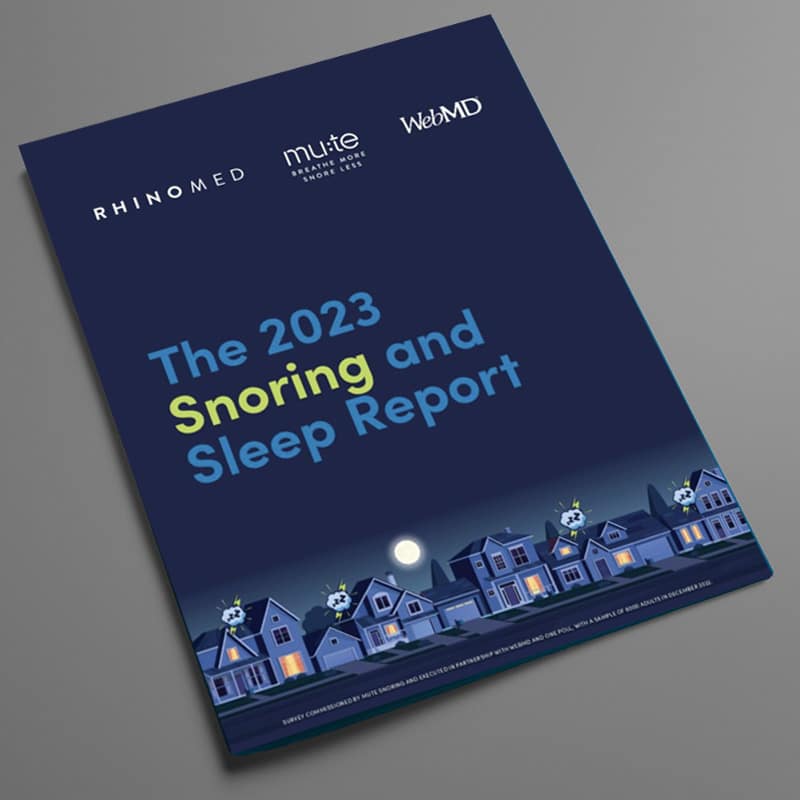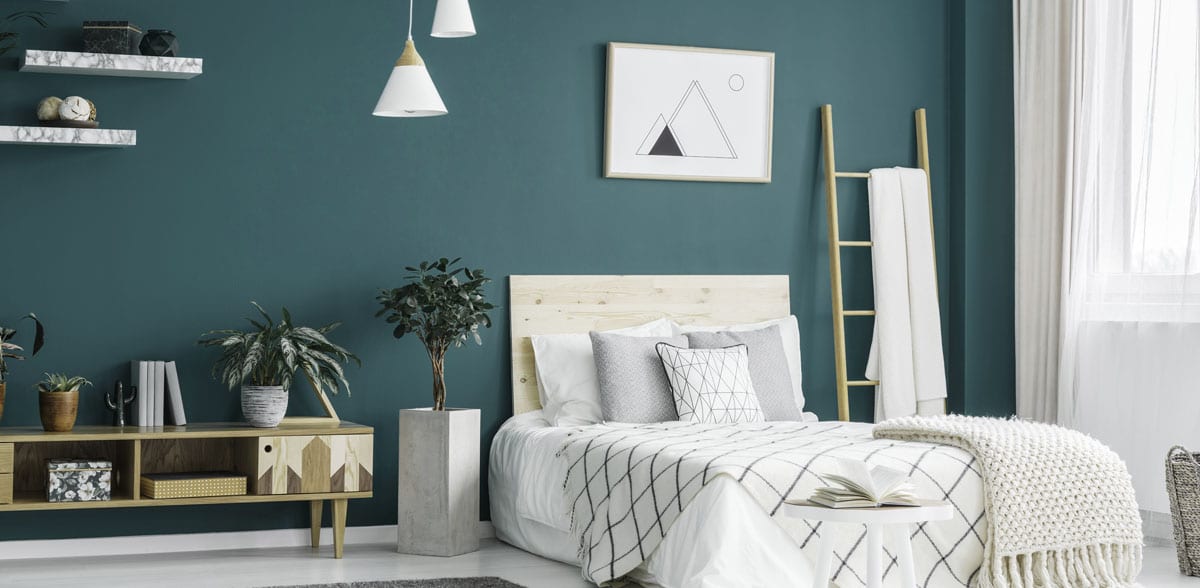The pursuit of a good night’s sleep is a marathon, not a sprint. For many people, falling and staying asleep is more difficult than it should be. We live busy, stressful, tech-filled lives, and it can be hard to wind down and turn off when we need it most. However, regular, restful sleep is integral to how you function at work and at home; think about how much better you feel when you’ve had a solid eight hours of sleep with no interruptions versus a night of tossing and turning.
With a few small adjustments to your daily routine — and maybe a little help from Mute — you’ll be able to fall asleep faster and get the quality sleep you deserve. Discover seven tips for a good night’s sleep.
Stick to a routine.
If you have kids, you know how important a dependable routine is at bedtime. While you may have outgrown your childhood PJs, there’s no reason why you shouldn’t take a cue from your younger self and establish a nighttime routine — and stick to it! Find a nighttime ritual that works for you, from a few minutes of meditation or stretching to aromatherapy and self-massage to 15 minutes with a good book in bed. Try to replicate the process every night to signal to your body and brain that it’s time for sleep.
Dim the lights.
Your body naturally secretes a hormone called melatonin that helps it wind down and prepare for sleep. If you’re having trouble falling asleep on the regular, you may want to consider gradually dimming the lights in your home throughout the evening to help your body adjust and shift into sleep mode.
Skip the nightcap.
Do you often have a few drinks or glasses of wine before bed? try cutting down on alcohol before you hit the sheets. The Sleep Foundation notes that alcohol is a sedative, which can make you feel sleepy, but if you drink to excess, it can lead to poor sleep quality, frequent wake-ups, and sleep apnea and snoring. Have a glass of wine or a cocktail with dinner or to unwind after work, but switch to water or caffeine-free tea before your bedtime.
Turn off the tech.
Blue light from your TV, phone, and tablet can negatively impact your sleep by interrupting the secretion of melatonin. Instead of watching TV to fall asleep, try a book. If you need your phone at the ready during the night, turn it to nighttime mode for lower light and fewer interruptions.
Sleep-ify your space.
Make your bedroom a place you want to be! Bedrooms should be kept cool and dark for optimal sleep. Invest in comfortable, breathable bedding that you like to snuggle up in and try to keep nighttime distractions, like pets, to a minimum. (Easier said than done, we know.) If you deal with street noise or bright lights outside your windows, try a sound machine or blackout curtains — or both.
Write it out.
If racing thoughts and stress are keeping you awake, keep a notebook near your bed and write down what’s on your mind. Don’t worry about making it perfect or legible — just get the thoughts out.
Stop your snoring.
While occasional snoring is normal, snoring can negatively impact your sleep (and your bed partner’s!) in a variety of ways. If you’re keeping yourself or your partner awake because of your snoring, it’s time to meet Mute and get back to a good night of sleep. Mute is made with ultra-soft polymers to help increase air traveling through your nose while you sleep to encourage better breathing — and better sleep.
Snoring can also be an indicator of potential health issues, so if you’re waking yourself up or being told your snoring is getting louder or more concerning, give your doctor a call.



